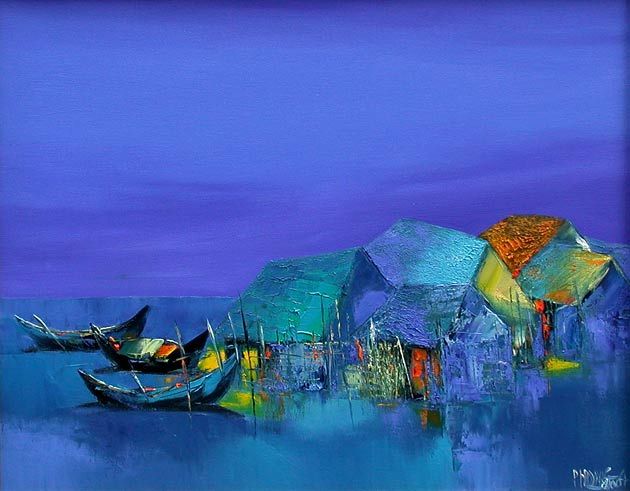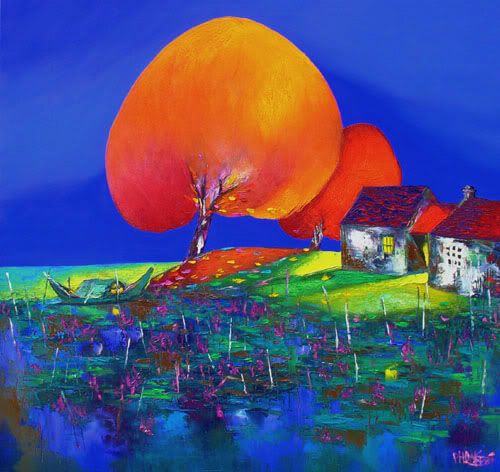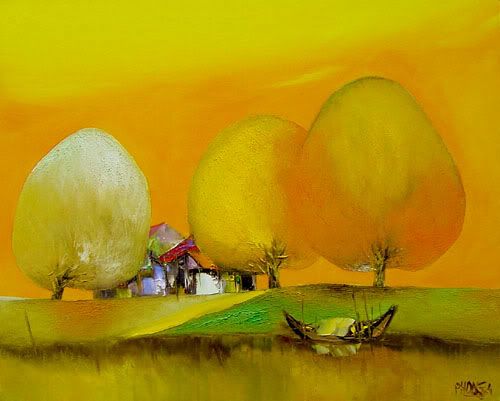Anyone here ever peruse the news published by the Institute of War and Peace Reporting?
[pause] How odd. And how fortunate that I'm here to scrunch it up into interesting, low-cost and high-impact morsels!! Action-packed with black humour, tres naturale...
From an article on May 7, I bring you:
These Two Quotes That'll Bring Tears to Your Eyes
“We assess films on several fundamental categories, which are unacceptable for the Uzbek mentality,” said commission chairman and film critic Saodat Khojaeva. “We see if there is any pornography in a film, whether it is a thriller and whether it contains calls for violence or inter-ethnic conflict.”
["unacceptable for the Uzbek mentality???" ... I totally agree on the thriller part, though. Out with thrills!!!]
Private producer Abdurahman Davlatov’s film “Bombastik-3” has been in limbo for years after it was denied a license. The problem is that it features a scene in which the main characters get into a hot air balloon and fly to a magical country where wondrous creatures and giants live.
“We were told, ‘How can that be. Citizens of Uzbekistan simply flew across the border? Where were our border guards?’ They say that we made Uzbek border guards look like fools,” said Davlatov. “But this is a simple children’s fairytale, a comedy, and there is no politics in it.”
[Central Asia... Any place that makes one want to laugh AND cry is just...irresistably compelling to me. Throw in a dash of Russian language, and I'm all up for an adventure...]
***********
quotes from: Uzbek Film Industry in Crisis: State censorship and under funding has crippled Uzbek filmmaking. By Sid Yanyshev in Tashkent (RCA No. 374, 07-May-05)










